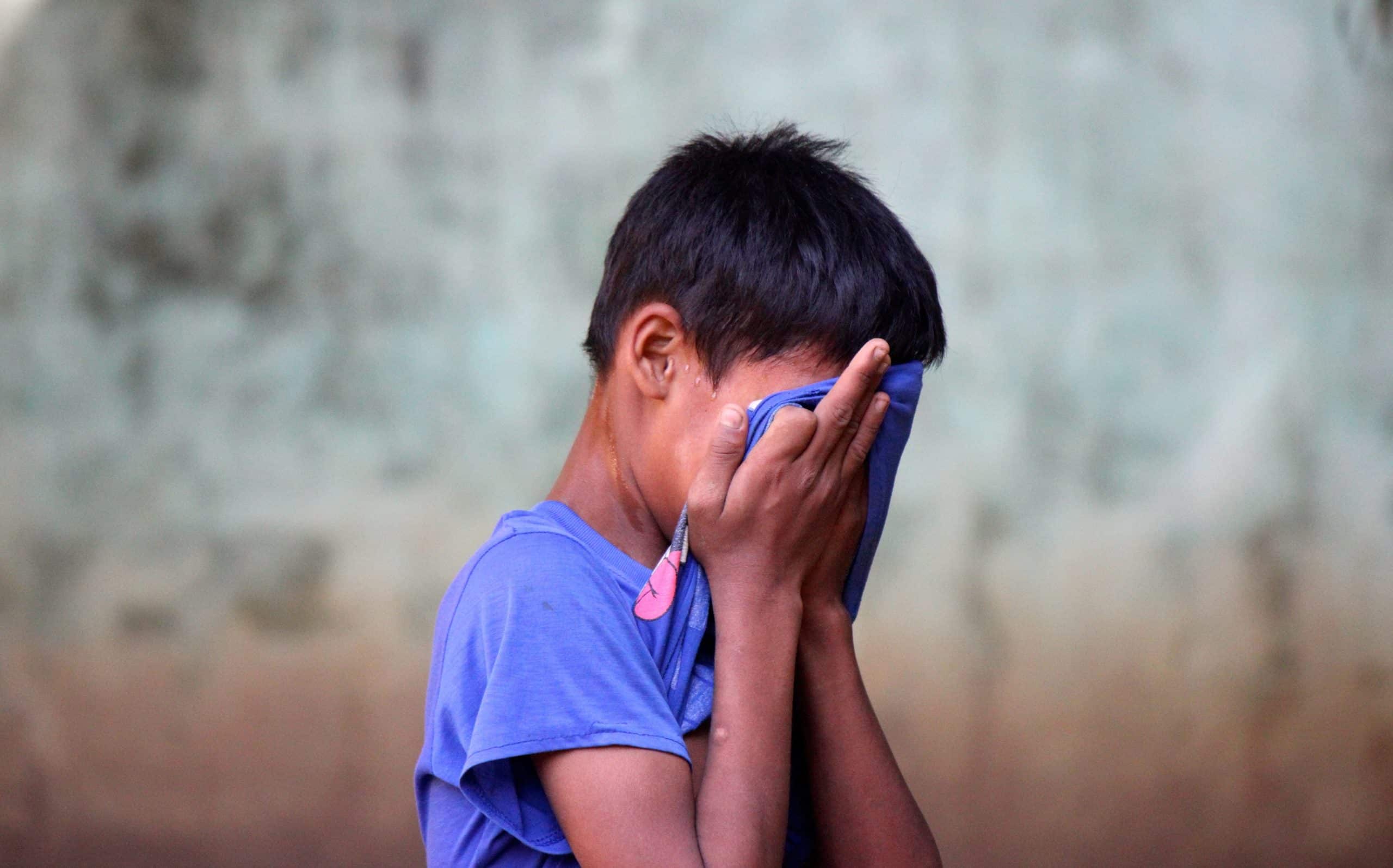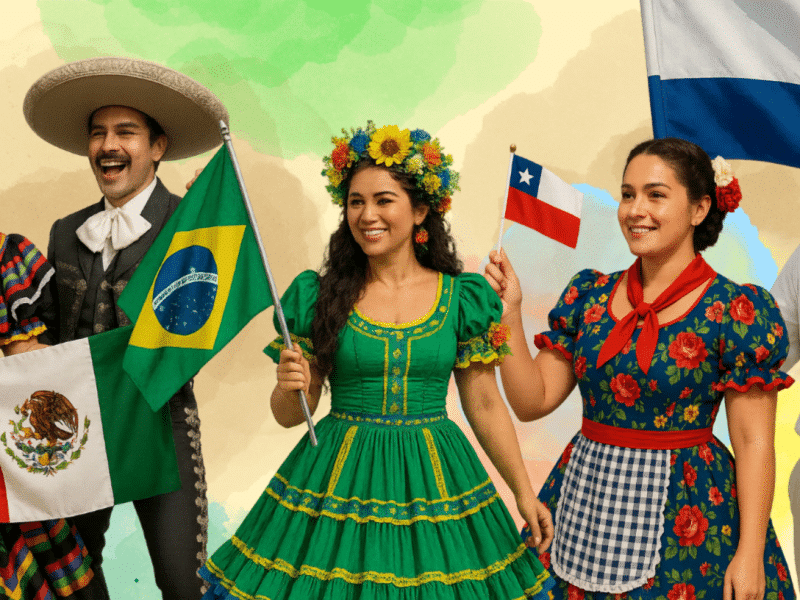Can Latino Fathers Redefine Masculinity and Overcome Machismo?
Machismo has cast a long shadow over the Latino community, shaping the beliefs and behaviors of many fathers. But change is possible, and it starts with fathers themselves.

Many in the Latine community were raised with a certain sense of responsibility to their families. Some of this stems from the heavily patriarchal culture, which reinforces harmful expectations of men that inspire machista behavior from them. While some women knowingly and unknowingly participate in upholding marianismo, machismo maintains the gender role expectations that ultimately carry over into the parenting styles of fathers.
What is Machismo?
Machismo is defined as cultural expectations or behaviors of men in Latino culture that set out to prove their masculinity. Both negative and positive aspects accompany the set of beliefs which include bravery, honor, dominance, aggression, sexism, sexual prowess, and reserved emotions, among others. Research indicates that machismo affects everything from male self-esteem to their ability to authentically connect with others which are connected to the actions men often demonstrate so they can be perceived as strong, capable, and powerful.
Many in Latino households were raised in a culture where men are expected to work, provide, and be the head of the household within the context of machismo and marianismo, and despite the evolving gender paradigms in modern society, the effects of machismo continue generationally.
Authoritative vs. Authoritarian Parenting

A 2016 study from the University of Texas Austin’s School of social work found that the authoritarian form of parenting, which is all too common in the Latine community, is a much less effective form of parenting compared to others. Authoritarian parenting centers around the concept of enforcing strict conduct and rules in children, which creates an almost militant level of expectation of respeto.
Respeto is a value that feeds into the hierarchy of social norms in making children overly obedient to their parents. Those same parents, in turn, are obedient to either their own parents or any elders, with the men taking the role of patriarch and final decision-maker.
That same study found that authoritative parenting, which is different than authoritarian parenting, was found to be more effective in higher academic achievements in children. The study explains that authoritarian styles enforce the rules but don’t provide the why behind those rules, while authoritative parenting enforces the rules and expectations, but provides explanations and justifications while doing so. Support and nurturing attitudes also accompany the authoritative parenting style compared to authoritarian.
Combine this authoritarian style with machismo, and we get the stereotypical Latino father we’re all familiar with who doesn’t show emotion, isn’t allowed to cry (unless drunk and singing along to Vicente Fernandez), and rarely provides emotional support or guidance.
Can Newer Generations of Latino Fathers End Machismo?

Newer generations of Latinos can change what it means to be a “real man.” Oftentimes Latino culture not only reinforces the role of men as the provider but ascribes an additional sense of pride in being the main breadwinner of their households. As Latinas continue to outpace Latinos in things like educational attainment and get closer to closing the wage gap between Latinos and Latinas (but not white men), it shouldn’t be viewed as shameful that Latino men make less income or choose to be stay-at-home parents.
In machista culture, it’s considered a weakness when men express their feelings or emotions. According to a 2019 study regarding gender roles in the Latino community, women are found to be twice as likely to be diagnosed with depression vs men. While the correlation between gender and depression in the Latino community isn’t explained, it is suspected that men are less likely to be diagnosed with depression because of the cultural expectation to not express emotions, therefore, leading to a higher rate of undiagnosed depression.
Transforming Machismo

Unlearning cultural expectations is hard and requires a collective effort to change. Enabling men to be their authentic selves involves a level of self-reflection some might be unfamiliar or uncomfortable with. The harmful culture isn’t just because of resistant men, it’s also women who reinforce the norms they’re used to. There’s a high level of self-awareness that’s associated with becoming emotionally intelligent, and the cultural shift will occur when enough people reevaluate their roles within that culture and decide they won’t recreate cycles of harm.
When the cultural expectations of machismo are diminished this will allow Latino men to express their true, authentic selves, and create a culture where Latino fathers will no longer be categorized as cold, distant, and emotionally detached and will be known for what we know to be true: Latino fathers have enormous hearts and emotions that run as deep as their cultural roots.




